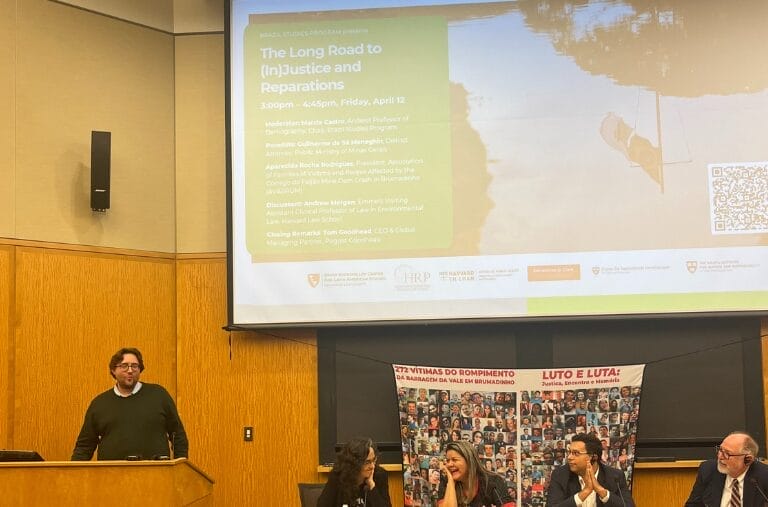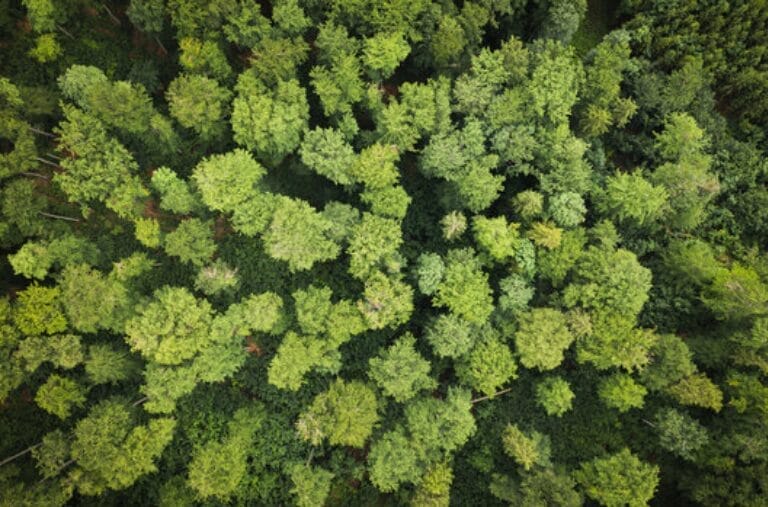On October 13, 2023, the U.S. Department of Justice’s (DOJ) newly created Office of Environmental Justice released its first-ever Comprehensive Environmental Justice Enforcement Strategy Annual Report.
As part of the Associate Attorney General’s Comprehensive Environmental Justice Enforcement Strategy, which was announced in May 2022, the report highlights the recent accomplishments in cases with Environmental Justice (EJ). It also concerns and outlines the DOJ’s strategy to help communities long overburdened by pollution through civil and criminal enforcement.
As a former New Jersey Deputy Attorney General who primarily focused on prosecuting polluters – including those responsible for contaminating overburdened communities, I successfully litigated multi-million dollar statutory and common claims on behalf of the New Jersey Department of Environmental Protection against various corporations responsible for contamination. I specifically handled several complex matters as part of the Attorney General’s natural resource damages, cost recovery, and environmental justice initiatives. In this role, I saw how minority, low‐income, rural and indigenous populations were strategically exploited by commercial interests.
This new report acts as an encouraging sign that the voices of those historically impacted by pollution will finally be heard.
Environmental Justice
Environmental Justice is the fair treatment and meaningful involvement of people regardless of race, color, national origin, or income in the development, implementation, and enforcement of environmental laws, regulations, and policies.
Even though the Environmental Justice movement began decades ago, several states have taken affirmative steps over recent years toward addressing Environmental Justice issues through legislation and enforcement litigation.
New Jersey, through its landmark Environmental Justice Law, requires regulators to consider the environmental and public health impacts on overburdened communities when evaluating permit applications. Meanwhile, our State Attorney General Matthew Platkin continues to file EJ-focused lawsuits on behalf of the New Jersey Department of Environmental Protection to compel remediation and collect penalties to hold polluters accountable and ultimately to improve both the environment and public health.
The term ‘over-burdened’ is typically used (and defined by the EPA) to describe “minority, low‐income, tribal and indigenous populations or communities in the United States that potentially experience disproportionate environmental harms and risks due to exposures or cumulative impacts or greater vulnerability to environmental hazards.”
Executive Order 14008
Following those types of Statewide initiatives, the Biden Administration, through Executive Order 14008, directed the Environmental Protection Agency and other federal agencies to strengthen enforcement in communities disproportionately affected by pollution.
To further that directive, and the enforcement strategy that followed, the DOJ has since worked to:
- direct their attorneys to prioritize cases that will reduce public health and environmental harms to overburdened and underserved communities
- make strategic use of all available tools to address environmental justice concerns
- meaningfully engage with impacted communities
- be transparent about environmental justice efforts, as well as the results of those efforts.
This new report summarizes the DOJ’s progress advancing those four core principles. Among other things, it details several successful civil and criminal enforcement actions handled by DOJ’s Civil, Civil Rights and Environmental and Natural Resources Divisions.
With the assistance of other agencies like the Environmental Protection Agency, Federal Bureau of Investigations, and the Department of Housing and Urban Development, these successes include:
- securing settlements with three natural gas processors for Clean Air Act violations. These will reduce harmful air pollution in environmental justice communities in 12 states
- an interim resolution agreement resulting from the first ever Title VI environmental justice investigation launched related to allegations that the Alabama Department of Public Health operated its onsite wastewater disposal program in a manner that discriminated against Black residents of Lowndes County
- indictments for the illegal dumping of construction waste into the wetlands of Puerto Rico
- an agreement that the City of New York clean up radioactive materials on city-owned property in Queens, New York.
In addition to these litigation successes, each of the 94 U.S. Attorneys’ offices have appointed an Environmental Justice Coordinator, established Environmental Justice training, and engaged with Tribal and other the communities to lay the groundwork for additional work in the future. The latter has included the development of several case-specific community outreach plans, particularly in Jackson, Mississippi in which impacted residents were provided the opportunity to participate in the enforcement process through various meetings and presentations about the DOJ’s efforts to hold polluters accountable.
Given the progress detailed in the report over the last year, and that similar efforts are being made at the state level across the country, it is anticipated that Environmental Justice-focused policy initiatives and enforcement litigation will continue across the U.S. for years to come. When I spoke at the Environmental Risk and PFAS Litigation Conference last year, I discussed whether these efforts would lead to increased private plaintiff actions remains to be seen. That remains unclear, but we at Pogust Goodhead remain committed to advancing EJ efforts in the U.S. and beyond.
At an international level, Pogust Goodhead represents over 700,000 plaintiffs affected by the Mariana dam disaster, including Brazilian individuals, Indigenous communities, municipalities, and local churches, all of whom suffered loss and destruction due to the negligence of a mining corporation. This international effort aligns with principles of Environmental Justice and reflects Pogust Goodhead’s commitment to innovate through litigation and go to all corners of the globe to bring justice for our clients
You can follow our international environmental litigation work here.
To learn more about the history, evolvement, and current state of Environmental Justice efforts in the U.S., visit the EPA’s website here.
Daniel Harrison is an Associate at Pogust Goodhead. He is based in New Jersey, US. Dan concentrates his practice representing individuals in mass tort and environmental actions, including those harmed by dangerous pharmaceuticals, defective medical devices, toxic pollution, and other forms of corporate misconduct.









